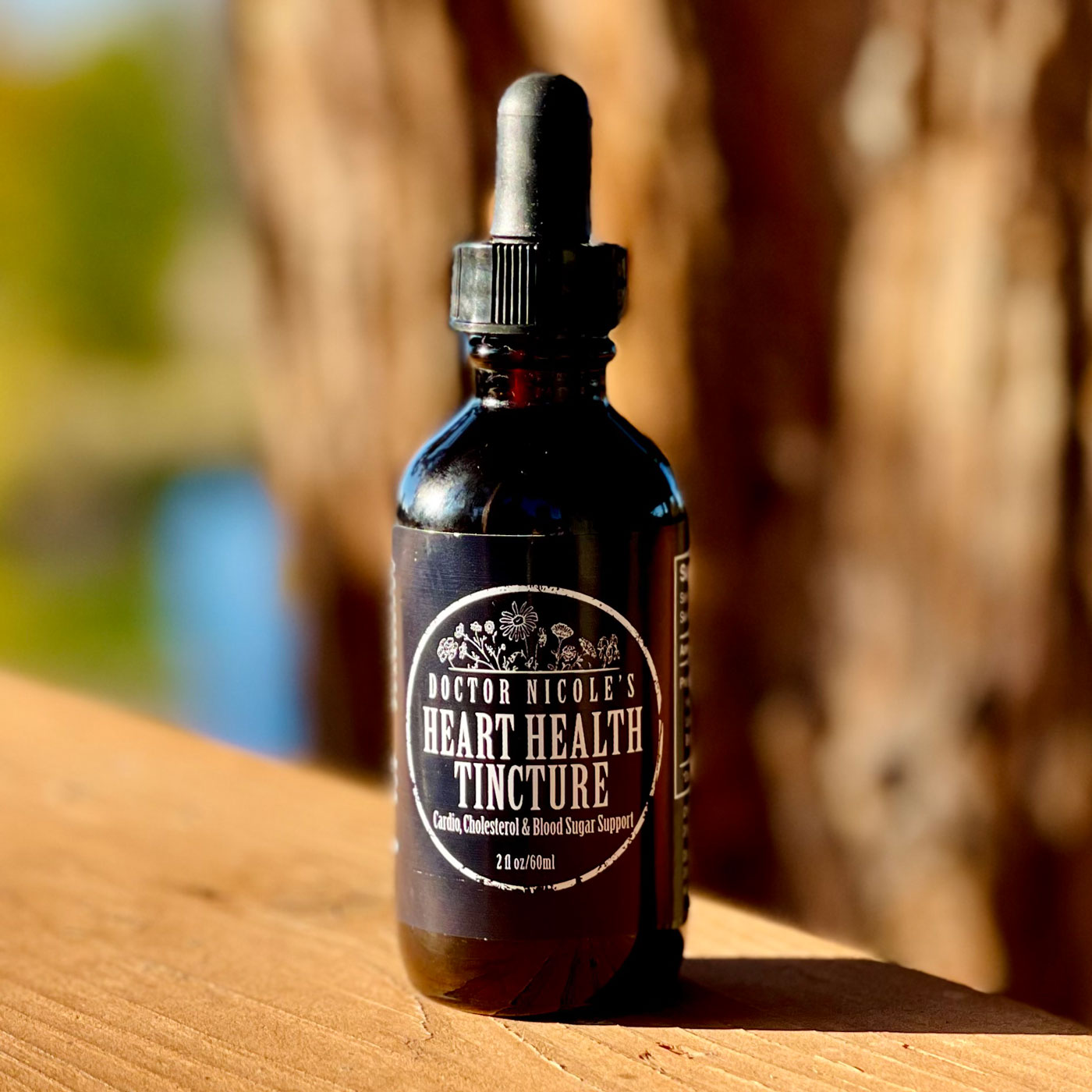An Essential Vitamin That Can Become Toxic
While most of us have heard of the symptoms of too little vitamin A — night blindness, coarse hair, and respiratory infections — it can also cause problems if you get too much. This includes headaches, rashes, sleepiness, irritability, stomach pain, nausea, and vomiting. Vitamin A as retinol is teratogenic, meaning that it can cause fetal birth defects. Children and pregnant women are most at risk for symptoms associated with too much vitamin A, although toxicity can impact anyone. Below we will explore what you need to know, especially if you use supplements.
Health Benefits of Vitamin A
Needless to say, it is important to get enough vitamin A as it is crucial for brain function, immunity, vision, teeth, thyroid health, bones, and supporting the formation of hormones. For those who have chronic inflammation, vitamin A is necessary to avoid skin problems. Moreover, vitamin D and vitamin A work synergistically. It is also important for beta-cell function in the pancreas and the release of insulin. If you aren’t getting enough through diet or supplementation, there is a good chance you may be vitamin A deficient.

Which Type is Best?
As we have seen, vitamin A is essential for health. Some believe that retinol, like what you find in liver, fish and their oils, and eggs, is the most bioavailable and beneficial. This is because certain people have issues with converting the beta-carotene found in orange foods, tomatoes, and dark leafy greens into retinol. This may be why vegans can struggle with low vitamin A levels even though they are eating enough brightly colored fruits and vegetables.
Toxicity
However, we can start to run into problems if we are taking it as a supplement or prescription medication because vitamin A is fat-soluble, meaning that it isn’t easily flushed out of the system and sticks around much longer than, say B-vitamins or vitamin C. This can lead to hypervitaminosis A.
Symptoms include vision changes, bone pain, and issues with the skin, such as peeling. The condition can be acute, where it resolves once you stop ingesting large amounts of vitamin A — or it can become chronic when vitamin A accumulates over a long span of time in the body. Chronic toxicity results in liver damage and heightened pressure on your brain, which, in severe cases, can lead to drowsiness, coma, and even death.1 This can happen with oral acne treatments that have high levels of vitamin A, such as isotretinoin. Dermatologists prescribing these medications typically monitor kidney and liver function in their patients during treatment to avoid problems. Precautions also need to be taken to avoid pregnancy. Additionally, toxicity can be seen when people use mega doses of vitamin A supplements or if taking multiple supplements that contain the vitamin.
A single high dose (over 30,000 IU for men, 23,330 for women) can result in severe headache, vomiting, vertigo, nausea, coordination issues, and blurred vision.2 Taking more than 10,000 IU/day that is spread out over a longer period of time can lead to diarrhea, birth defects, liver damage, headaches, and bone thinning. Smokers and former smokers, along with people who have been exposed to asbestos, should not take beta-carotene supplements as clinical trials have shown it can lead to an increased risk of lung cancer.3
Having said that, toxicity is unusual if you are getting your vitamin A from food sources — with a few caveats: juicing orange vegetables and fruits, eating liver, or using fish oil products such as cod liver oil. If any of these are consumed in excessive amounts it can lead to toxicity.
The Takeaway
Vitamin A is an essential nutrient with a range of health benefits and it is clear that we need it — in the appropriate amounts. If you choose to supplement, the recommended amount for women is 2,330 IU/ day and men 3,000 IU. The upper tolerable intake for adults is no more than 10,000 IU/day. For children, consult with their healthcare practitioner as safe levels depend on age and weight. Much higher amounts of vitamin A can be tolerated if coming from food sources: between 3,000 and 18,000 IU for adults. Keep in mind if you are eating an abundance of foods rich in vitamin A, you will need to adjust your supplementation of this nutrient accordingly to avoid toxicity.
Herbal Support: Vision, Inflammation, Blood Sugar Control
If you need extra support beyond vitamin A for eye health, reducing inflammation, or blood sugar control, several herbal remedies can help. These include hawthorn, fenugreek, tulsi (holy basil), and bilberry, which are found in my Heart Health Blend.
Hawthorn lowers blood pressure, decreases triglycerides and cholesterol, and reduces inflammation, while fenugreek and tulsi are outstanding for regulating blood sugar levels. Both also address inflammation. Bilberry is one of the best herbs you can take for vision and eye health due to the high level of antioxidants called anthocyanins. What’s more, it helps to regulate cholesterol levels, supports liver and kidney function, and lowers blood sugar levels.
GAVE THIS HEART HEALTH TINCTURE A TRY AND I AM AMAZED!
“Three years ago I had a single bypass from a stent that went bad from 2015. And I was following up with my primary physician to get my meds. I walked in the office, said hello to the receptionist, got weighed and placed in a room. When the med tech came in and started asking me questions I was just stuttering and leaning to the side. She quickly took my blood pressure and it was 174/110. … I had an Ischemic stroke from a known Carotid (neck) artery that Cardio doc was watching also. … It was a long battle with physical therapy until now. I drive, walk through small stores and care for myself.
I don’t like the side effects of a lot of meds and this bystolic gave me headaches, [and] fatigue, [along with] lightheadedness when it dropped my heart rate in the 50’s.
Getting to the Heart Health tincture. I have been taking it 2x a day morning and night. Not only is my blood pressure stable around 110/70 my heart rate is a comfortable 78. So far so good. … Thank you Nicole Apelian!” -Dianne S.
You can learn more about my Heart Health Blend and many other plant-based herbal medicines by visiting the apothecary today!
Nicole Apelian
Nicole’s Apothecary Products in this Post
References
-
- National Institute of Diabetes and Digestive and Kidney Diseases. LiverTox: Clinical and research information on drug-induced liver injury. 2020.
- “Vitamin A and Carotenoids” National Institutes of Health Office of Dietary Supplements. https://ods.od.nih.gov/factsheets/VitaminA-HealthProfessional/#en79
- Satia, J. A., Littman, A., Slatore, C. G., Galanko, J. A., & White, E. (2009). Long-term use of beta-carotene, retinol, lycopene, and lutein supplements and lung cancer risk: results from the VITamins And Lifestyle (VITAL) study. American journal of epidemiology, 169(7), 815–828. https://doi.org/10.1093/aje/kwn409






